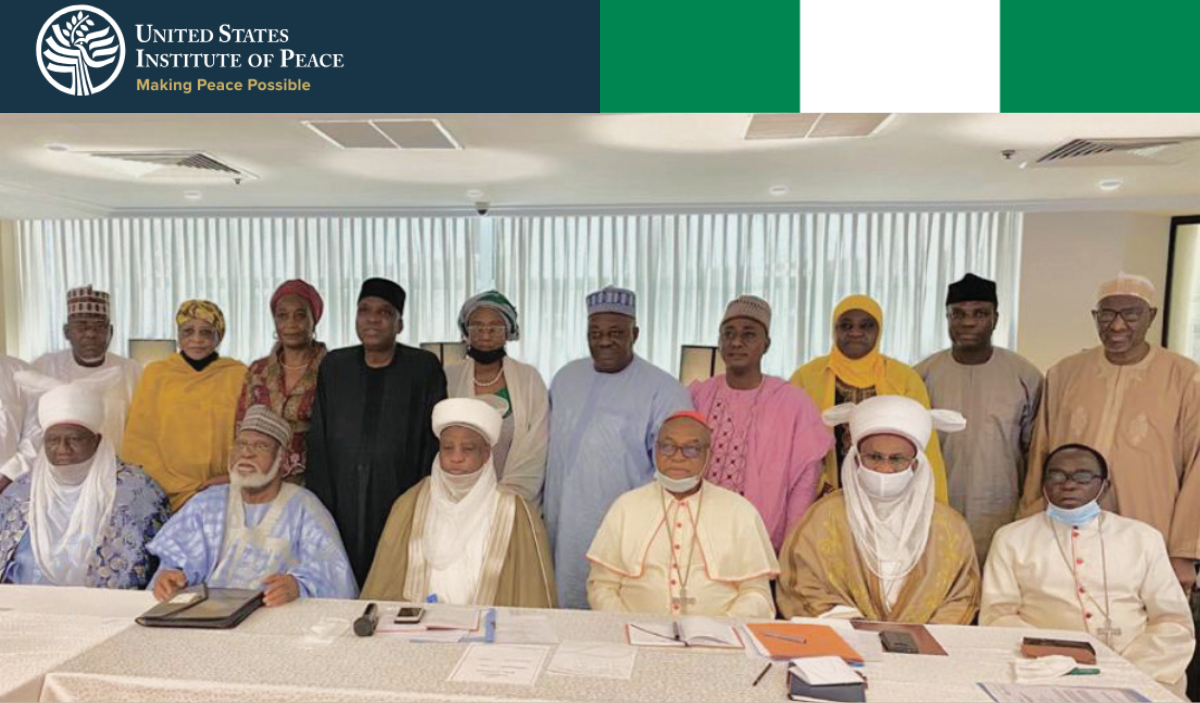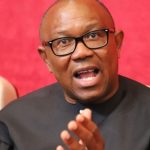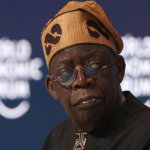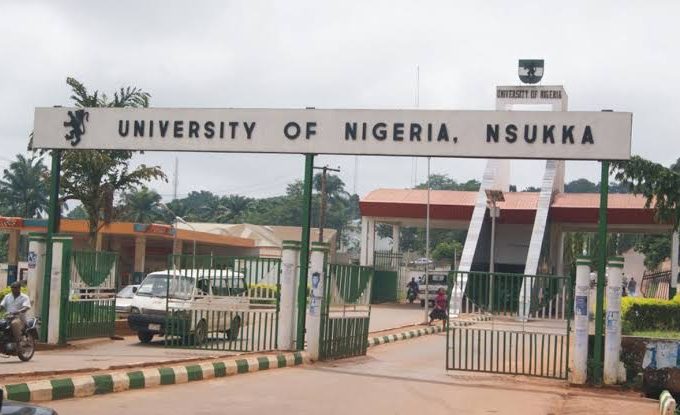
Nigeria is experiencing weakening economy and rising insecurity – USIP Reports shows

The United States Institute of Peace (USIP) has released a report showing a weakening economy and rising insecurity in Nigeria despite being the most populous country with the largest economy and most ‘notable’ democracy in Africa.
The USIP disclosed this in its ‘Current Situation in Nigeria‘ report published on its website on Monday, 22 April 2024, stating a “deepening distrust in government and institutions” following the national and state elections 2023.
According to the USIP, following the national and state elections in 2023, Nigeria has since been sabotaging the progress made in its democratic development in West Africa.
The USIP acknowledged its decision to convene the U.S. and Nigerian senior policymakers, including hosting then-President Muhammadu Buhari in 2022, the Buhari-Tinubu presidential transition team in 2023, and President Tinubu’s national security advisor Nuhu Ribadu in 2024 at its Washington headquarters and Nigerian country office for candid and productive conversations that inform USIP’s program priorities.
Ahead of the 2023 elections, the working group organised a six-episode television program highlighting citizens’ perspectives on critical issues in the election that aired over 30 million viewers throughout Nigeria. State and national policymakers regularly invite the working group to provide recommendations on various issues, from inclusive governance, regional dynamics and electoral violence to communal conflicts between pastoralists and farming communities, the report stated.
The report also highlights its input in training the Network of Nigerian Facilitators (NNF), a group of professional peace mediators trained by USIP to resolve local conflicts through nonviolent means across 11 states.
It further adds that while Nigeria’s federal system bestows governors with the responsibility of addressing the issues driving the country’s multiple conflicts, including intercommunal violence, deepening regional divides, armed banditry and terrorism, the insecurity in Nigeria keeps rising.
This is despite USIP’s research conducted to inform Nigerian policymakers on tackling the fast-growing impact of insecurity on Nigeria’s economy.
Read: Again, Tinubu Shares False News, Claims $600m Investment Deal With Danish Shipping Powerhouse
About The Author
Mayowa Durosinmi
author
M. Durosinmi is a West Africa Weekly investigative reporter covering Politics, Human Rights, Health, and Security in West Africa and the Sahel Region
Mayowa Durosinmi
M. Durosinmi is a West Africa Weekly investigative reporter covering Politics, Human Rights, Health, and Security in West Africa and the Sahel Region
Related Articles
Malian Army Says Dozens of Militants Killed in Airstrikes in Segou Region
Mali’s armed forces say they have killed about twenty suspected militants during...
ByWest Africa WeeklyFebruary 19, 2026Nigeria Approves 33 New Universities While Education Quality and Jobs Remain in Crisis
Nigeria has approved 33 new universities, bringing the total number of sanctioned...
ByWest Africa WeeklyFebruary 19, 2026Gabon Suspends Social Media “Until Further Notice” Amid Rising Unrest
Gabon’s media regulator has announced the suspension of social media platforms nationwide,...
ByWest Africa WeeklyFebruary 18, 2026Niger’s Tiani Visits Algeria in Bid to Strengthen Ties and Revive Key Projects
Abdourahamane Tiani, Niger’s head of state, is on an official visit to...
ByWest Africa WeeklyFebruary 18, 2026











